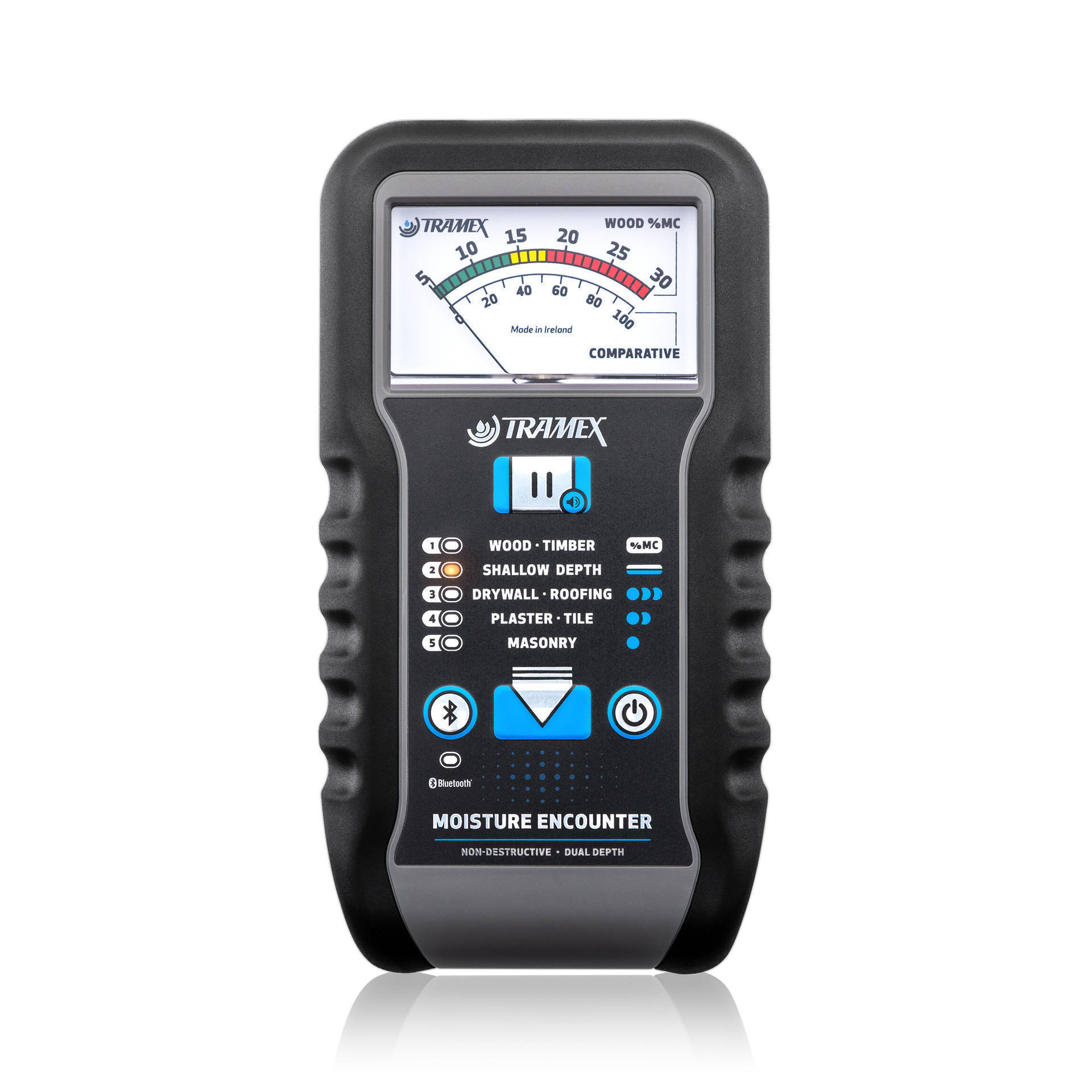The Ultimate Guide to Selecting the Right Moisture Meter for Your Demands
The Ultimate Guide to Selecting the Right Moisture Meter for Your Demands
Blog Article
The Ultimate Guide to Moisture Meters: A Comprehensive Overview and Exactly How They Can Conserve You Cash
In the world of building maintenance, building, and different markets, the importance of precisely measuring moisture levels can not be overemphasized. Moisture meters function as essential devices in identifying and keeping track of moisture content in materials, aiding in avoiding expensive damages and making certain the top quality of products. Recognizing the subtleties of various kinds of wetness meters, their applications, and the potential cost-saving advantages they provide can be a game-changer for professionals and organizations alike. Finding how these tools can not only simplify procedures however also add to financial cost savings is a journey worth starting.
Types of Moisture Meters
One common type is the pin-type wetness meter, which gauges the electric resistance between two pins placed right into a material. Pinless moisture meters, on the other hand, usage electromagnetic sensor plates to check a larger area without causing damage to the product's surface area.
Infrared wetness meters determine the thermal homes of a material to identify its moisture content non-invasively, making them valuable for applications where pin or pinless meters might not be appropriate. Comprehending the various kinds of wetness meters available can aid sectors pick the most proper device for their particular moisture measurement demands.

Benefits of Making Use Of Moisture Meters

Moreover, making use of dampness meters can lead to raised energy efficiency. In agricultural settings, moisture meters play a crucial role in maximizing crop returns by enabling farmers to monitor dirt dampness degrees and make educated irrigation decisions.
Exactly How to Select the Right Moisture Meter
Choosing the suitable wetness meter entails thinking about vital elements such as product compatibility, measurement array, and calibration precision. When choosing a moisture meter, it's important to make certain that the meter appropriates for the particular material you will certainly be testing. Various materials have differing electric buildings that can impact moisture analyses, so selecting a meter made for your material is crucial for precise results. In addition, think about the measurement variety of the moisture meter. Make sure that the meter can discover dampness levels within the array required for your applications. Calibration precision is another important factor to maintain in mind (Moisture Meter). Choose a dampness meter with trustworthy calibration to guarantee constant and precise readings. Some meters might require regular calibration changes, so understanding the calibration procedure is necessary. By thoroughly reviewing these factors, you can select a dampness meter that meets your requirements and gives accurate moisture dimensions for your tasks.
Proper Techniques for Moisture Meter Usage
To make sure accurate moisture readings and maximize the effectiveness of a wetness meter, using correct strategies is important. When utilizing a pin-type dampness meter, put the pins or probes right into the product being tested until they make full get in touch with. Make sure the pins are vertical to the surface area to obtain the most precise reading. For pinless moisture meters, hold the device flat against the material and relocate slowly to cover the entire area for a typical reading. It's important to adjust the wetness meter according to the product being checked to improve accuracy. Take several readings across the surface and typical them out for an extra trusted result. Furthermore, make sure that the product being examined is acclimated to the environment to stop manipulated analyses. Routine maintenance of Learn More Here the moisture meter, such as cleaning the pins or sensing unit, is additionally crucial to make sure constant and accurate readings. By following these correct strategies, individuals can count on their moisture meter to give credible wetness levels, assisting in stopping costly damages or making sure high quality in various applications.

Cost Savings Via Moisture Meter Applications
Just how can the strategic usage of wetness meters lead to substantial price savings across different markets? In the farming sector, dampness meters help in determining the optimal time for harvesting crops, avoiding excess or over-drying dampness that can influence the last item's top quality.

Moreover, in the food handling market, wetness meters are necessary for checking item top quality and making Click This Link certain conformity with safety and security laws. By properly determining wetness material in food, producers can avoid spoilage, maintain quality, and lower waste, causing considerable expense savings. Overall, the critical application of dampness meters is a useful investment that can result in substantial price decreases and improved efficiency throughout different markets.
Conclusion
In final thought, dampness meters are valuable tools for detecting and determining dampness levels in different products. By making use of the best wetness meter and adhering to proper methods, customers can effectively stop pricey problems caused by excess wetness.
Dampness meters offer as essential tools in identifying and monitoring moisture material in products, assisting in protecting against costly damages and guaranteeing the high quality of items. Infrared dampness meters gauge the thermal residential or commercial properties of a material to identify its wetness web content non-invasively, making them valuable for applications where pin or pinless meters might not be suitable.Moisture meters offer indispensable advantages in precisely checking and analyzing dampness degrees in varied products and atmospheres. In agricultural settings, moisture meters play an essential role in optimizing crop returns by making it possible for farmers to check dirt wetness levels and make informed irrigation choices.In Check This Out verdict, wetness meters are important tools for spotting and measuring dampness levels in various products.
Report this page